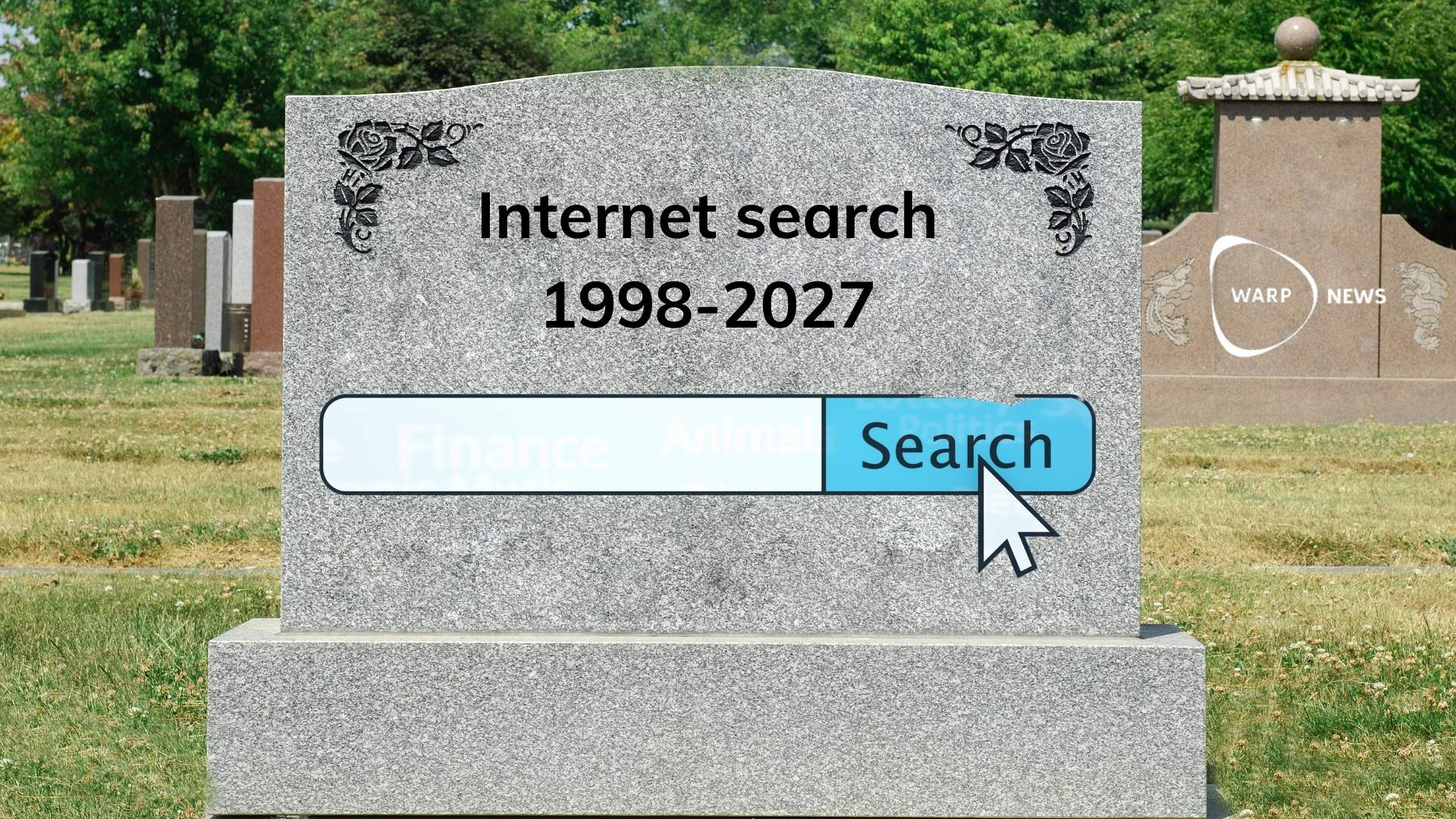
⚰️ The end is near for today's internet search
RIP internet search based on a list of links.
Share this story!
I'm old enough to remember the time before Google. It was not the good old days. Finding anything on the internet was a frustrating experience.
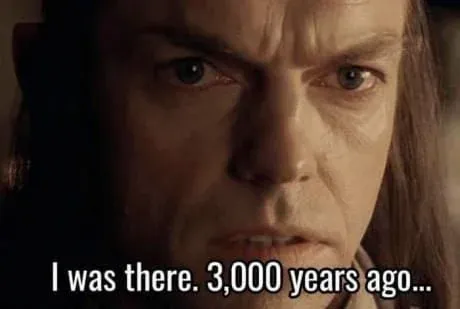
I mostly used Altavista. While they had done an impressive job indexing the internet, this meant the search engine often found the right but wrong things. If you searched for Holiday Inn, the website of a Holiday Inn in some other part of the country might appear, instead of Holiday Inn's main page.
Additionally, you surfed on dial-up modems via the telephone network, which meant it could take a long time for a page to load. When you discovered it was the wrong page, it took a while to get back to Altavista, only to be forced to repeat the same slow procedure.
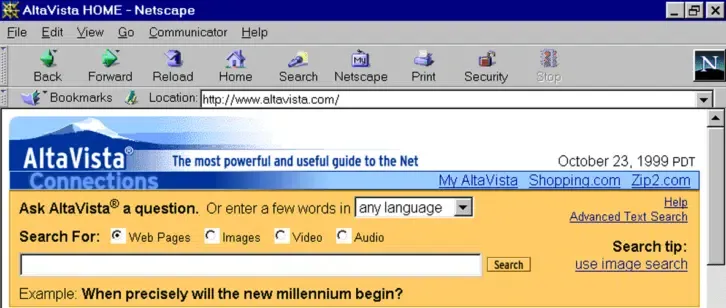
But then Google appeared in the late 1990s. I remember the first time I used it. Every single search result was right! Like magic, it conjured up what you were looking for high up in the list of suggestions.
Google made the internet usable.
Simply described, the trick was that they ranked suggestions based on how many people linked to a page. A kind of collective intelligence. Google understood that it wasn't the Holiday Inn far away that I most likely wanted to find, but Holiday Inn's main website.
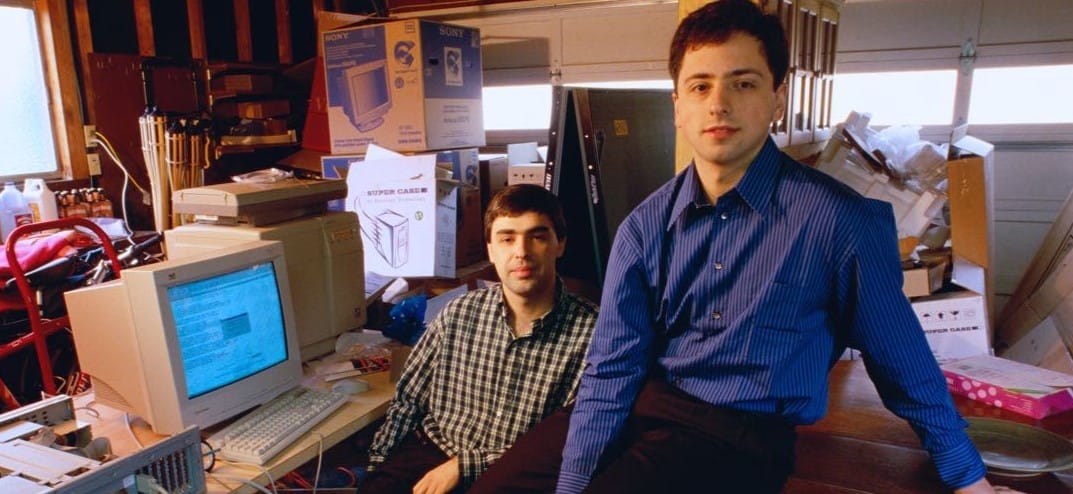
Now this will change again.
Search engines using large language models can deliver much better answers than what Google can manage today.
I was planning a vacation and trying to find information about whether there was a fee to use the hotel's indoor pool. Google couldn't help me. So I asked Perplexity. It made a more intelligent search where it combined the meaning of public information from the hotel with what hotel guests had written in reviews. This way it managed to conclude that no, nothing suggests the hotel charges for the indoor pool. It wasn't certain, which it stated, but presented its arguments for why it came to that conclusion.
So I didn't get a definitive answer, but clearly better than the zero information I got via Google searches.
Perplexity uses large language models like GPT4 (ChatGPT) or Claude. First to really understand the question you're asking. It can thus capture nuances or understand the context. Then it searches the internet for information and compiles it. The result isn't presented as a list of links, but in the form of text that answers your question. The text includes links to pages where it found the information.
If I ask Perplexity "What is Warp News?" I get a detailed answer. You can read it in its entirety here.
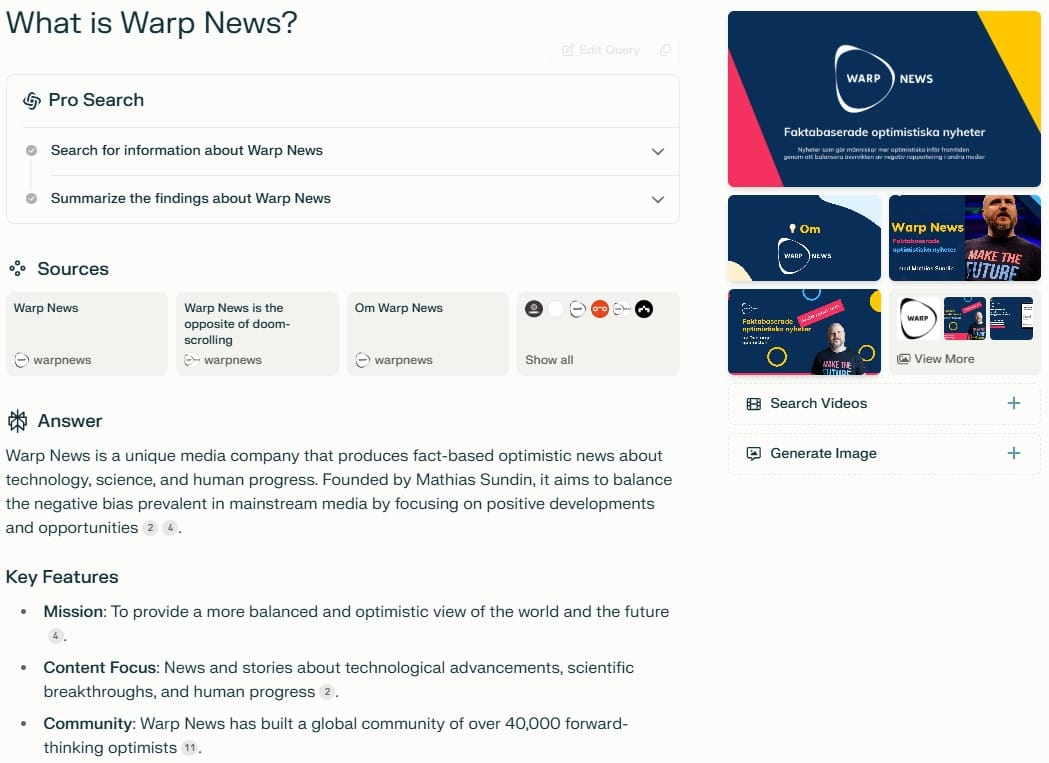
If I ask the same question to Google, I get as the first hit a link to Warp News in Swedish, despite writing in English. The third link goes to our About Us page in English.
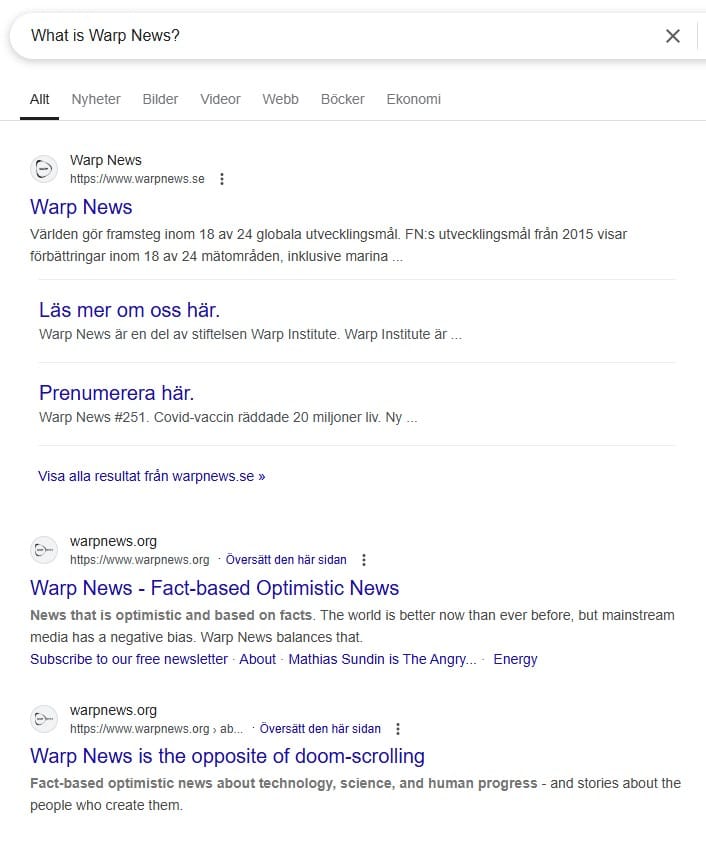
Perplexity's search and this form of AI search will get much better. It's probably at the level today that Altavista and internet search was in 1995.
That doesn't mean Google will go the same way as Altavista (which was shut down in 2013). Google missed the start of generative AI and large language models, but has frantically sprinted to catch up in the last two years.
Regardless of whether we'll use Google, Perplexity, ChatGPT, or something else for search, we'll soon laugh at the time when internet search consisted of a list of links, just like we laugh at Altavista today.
Mathias Sundin
Angry Optimist
By becoming a premium supporter, you help in the creation and sharing of fact-based optimistic news all over the world.


